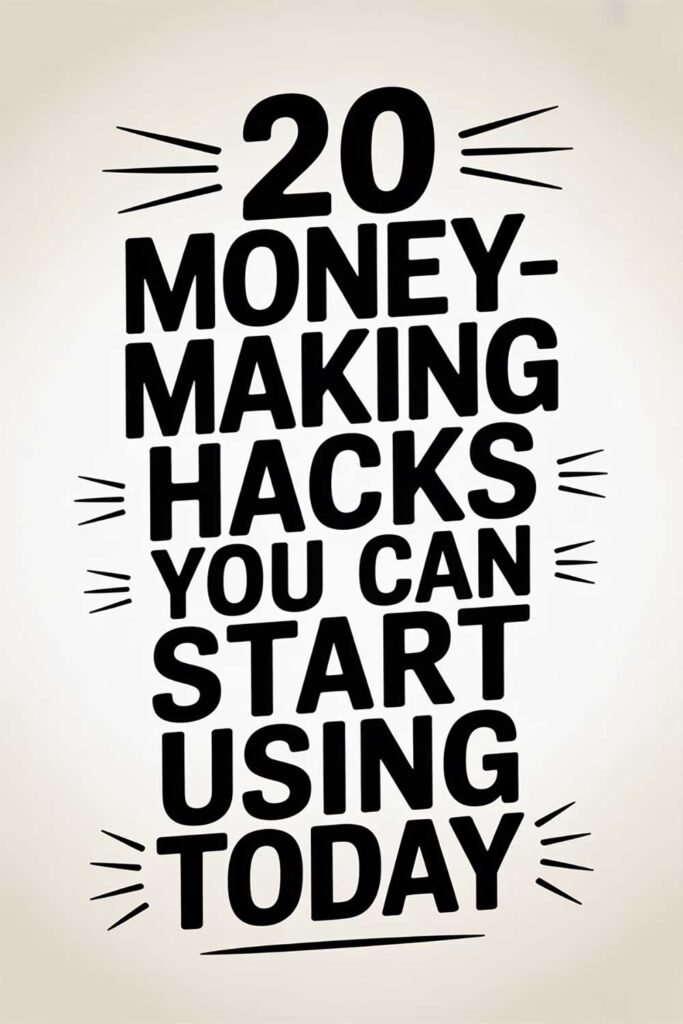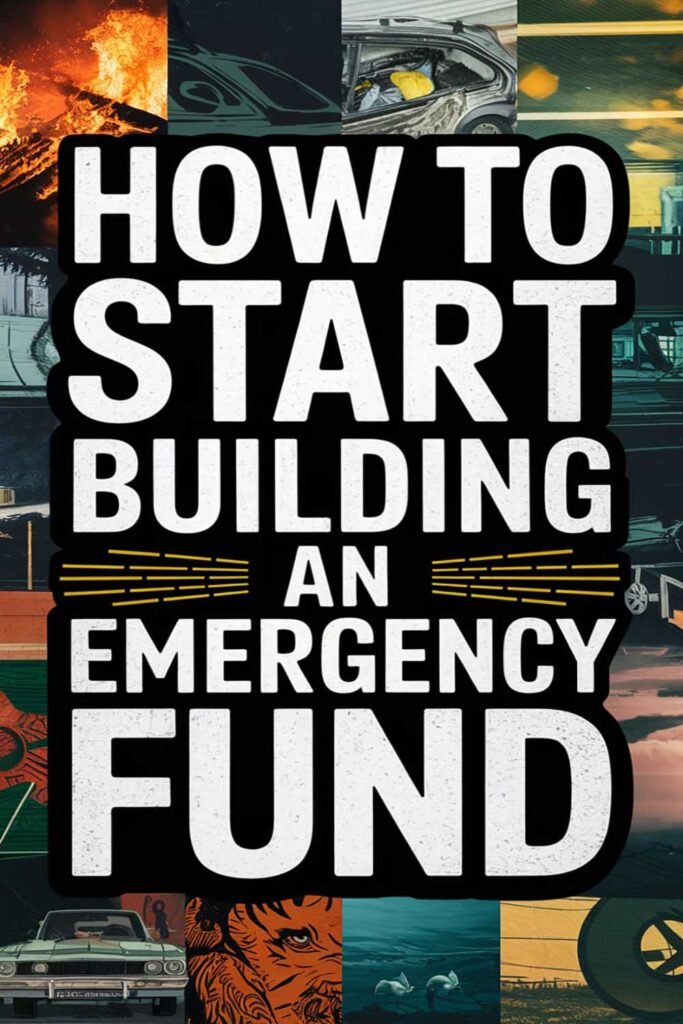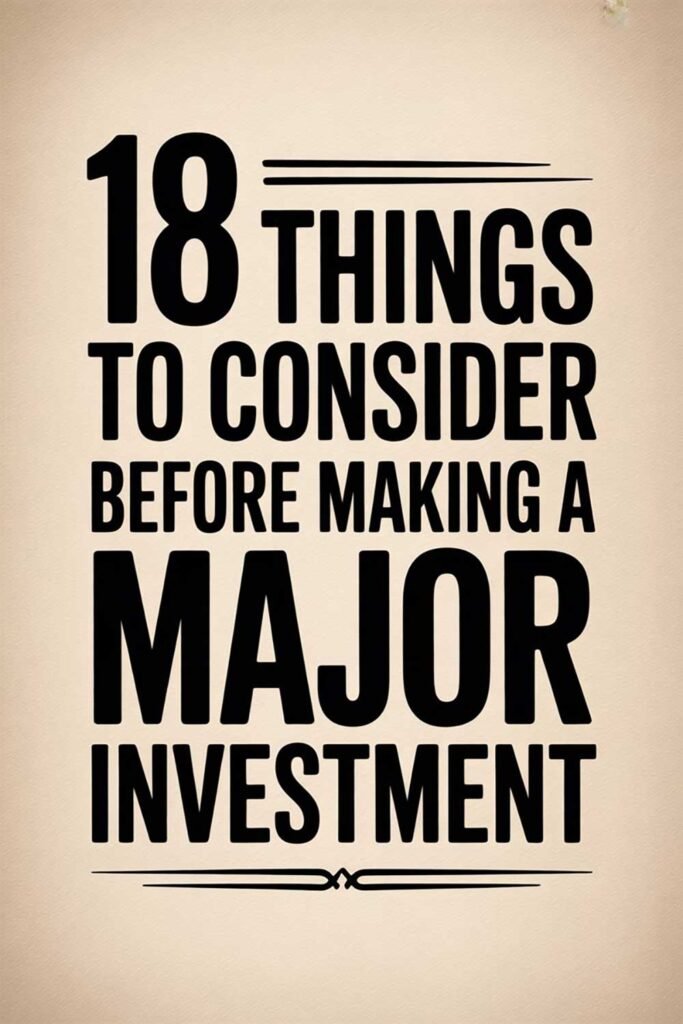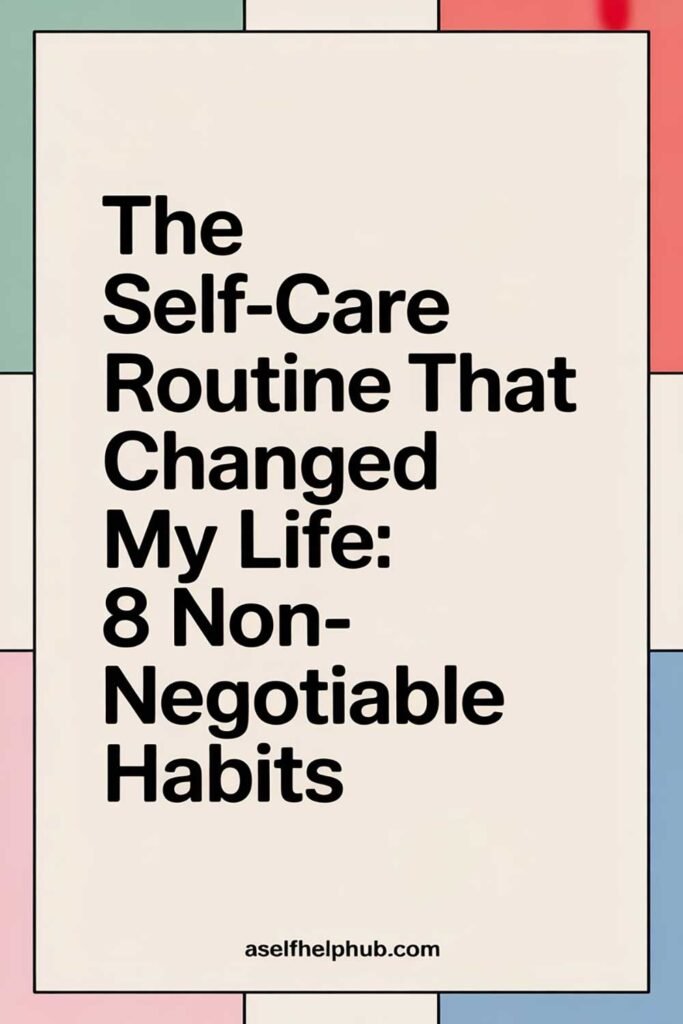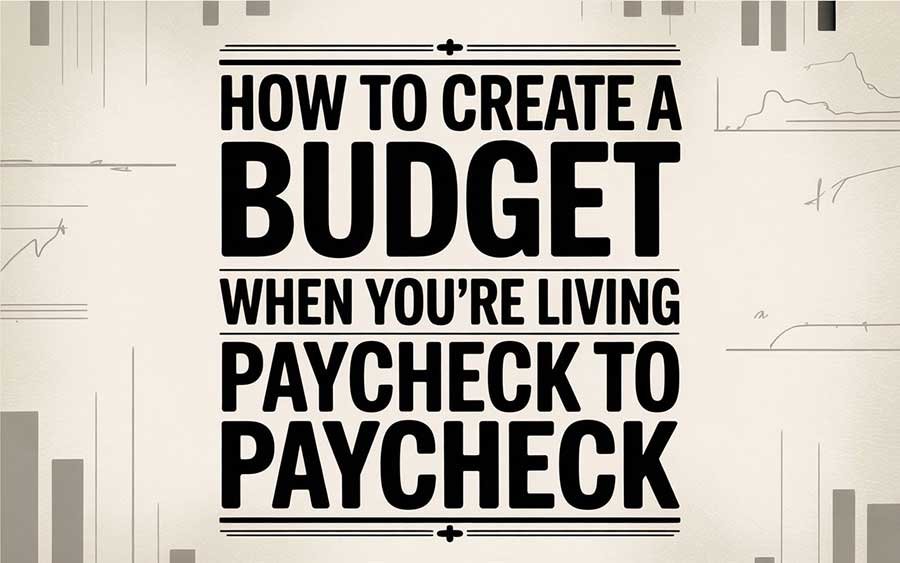
How to Create a Budget When You’re Living Paycheck to Paycheck
Living paycheck to paycheck can feel like being stuck in a financial hamster wheel—constantly working, but never really getting ahead. You’re not alone. Millions of people face this challenge every day. But the truth is, creating a budget when money is tight isn’t just possible—it’s powerful. It’s the first step toward gaining control, creating breathing room, and eventually building a better financial future.

This guide will walk you step-by-step through how to create a budget even when you feel like there’s nothing left to budget. We’ll include real-life examples, practical tools, and emotional support—because this journey isn’t just about numbers, it’s about mindset.
Why Budgeting Is Even More Important When Money Is Tight
When you’re living paycheck to paycheck, it might seem like budgeting is pointless—how can you plan with what feels like nothing? But that’s exactly when a budget becomes essential. A well-planned budget helps you:
- Identify where every dollar is going
- Reduce unnecessary spending
- Prioritize essential needs
- Create opportunities to save, even in small amounts
- Reduce stress and anxiety
Without a plan, money tends to disappear. With a plan, you take control.
Step 1: Get Real About Your Income and Expenses
Know Exactly What You Earn
Start by listing every source of income you have. This could include:
- Your paycheck (after taxes)
- Side hustles
- Child support or alimony
- Government assistance
Write down what you actually take home, not your gross salary.
Track Your Spending for 30 Days
Use a notebook, a free budgeting app like Mint or EveryDollar, or a spreadsheet. Track every single dollar. This includes:
- Rent or mortgage
- Utilities
- Groceries
- Transportation
- Subscriptions (Netflix, Spotify, etc.)
- Eating out
- Debt payments
- Coffee runs
- Unexpected expenses
You may be shocked to see where money is going.
Step 2: Categorize Your Expenses by Priority
Once you’ve tracked your spending, categorize each item into one of three buckets:
- Needs – Things you must pay to survive (rent, utilities, food, medicine)
- Obligations – Minimum debt payments, insurance, child support
- Wants – Streaming services, eating out, gym memberships
Then ask yourself: Can anything in “Wants” or even “Obligations” be paused, canceled, or reduced?
Step 3: Build a Bare-Bones Budget
This is your survival plan. It’s not permanent—it’s a stepping stone.
Start with Your Net Income
Let’s say you bring home $2,500/month.
Subtract Essential Costs
- Rent: $1,000
- Groceries: $300
- Utilities: $150
- Transportation: $200
- Cell phone: $50
Total essentials: $1,700
That leaves $800 for everything else.
Allocate the Rest
- Minimum debt payments: $300
- Emergency savings (even $50/month matters): $50
- Miscellaneous/Buffer: $100
- Remaining discretionary spending: $350
Real-Life Example: Sarah’s Story
Sarah, a single mom, was living paycheck to paycheck on $2,700/month. She always felt broke, even though she wasn’t overspending.
After tracking her spending, she realized she was spending over $500/month on takeout, Amazon orders, and multiple streaming services.
She canceled unnecessary subscriptions, switched to meal planning, and used cash envelopes for groceries and gas. Within 3 months, she had paid off two small credit cards and started a $600 emergency fund.
Her comment?
“For the first time in years, I felt in control of my money.”
Step 4: Embrace the Power of the Envelope System (or Digital Version)
Use physical cash envelopes or digital budget categories. Once a category runs out, you stop spending.
Examples:
- $300 in a “Groceries” envelope
- $100 in “Fun Money”
- $60 in “Gas”
This method physically limits your spending, which is powerful when trying to break the paycheck-to-paycheck cycle.
Step 5: Save Even If It’s Only $5
It might seem silly to save $5 here and there—but it matters. Saving money is less about the amount and more about the habit. Try automating a small amount every paycheck to a separate savings account.
A few ideas:
- Use a round-up app like Acorns
- Save change in a physical jar
- Use cash-back apps like Rakuten or Ibotta for groceries and entertainment
Step 6: Increase Your Income (Even Just a Little)
When you’ve trimmed as much as you can, it may be time to increase your income:
- Take a weekend side gig (DoorDash, Uber, Instacart)
- Offer services like babysitting or lawn care
- Sell unused items online
- Freelance a skill (writing, editing, social media)
Many people break the paycheck-to-paycheck cycle by increasing income first, then optimizing expenses.
Step 7: Revisit Weekly, Adjust Monthly
Budgeting isn’t one-and-done. It’s a living document. Check in weekly and ask:
- Am I staying within my categories?
- Were there surprise expenses?
- What can I adjust next month?
It’s normal to tweak your budget often in the beginning—stick with it.
20 Powerful Quotes About Budgeting and Money Management
“A budget is telling your money where to go instead of wondering where it went.” – Dave Ramsey
“Do not save what is left after spending, but spend what is left after saving.” – Warren Buffett
“Too many people spend money they haven’t earned to buy things they don’t want to impress people they don’t like.” – Will Rogers
“Budgeting isn’t about limiting yourself—it’s about making the things that excite you possible.” – Unknown
“Beware of little expenses; a small leak will sink a great ship.” – Benjamin Franklin
“Every dollar you spend is a vote for the kind of world you want.” – Anna Lappé
“Success is not in what you have, but who you are.” – Bo Bennett
“He who buys what he does not need steals from himself.” – Swedish Proverb
“A penny saved is a penny earned.” – Benjamin Franklin
“When you know where your money goes, you gain power over your future.” – Unknown
“Your salary is not your wealth. Your spending habits are.” – Unknown
“Living on less than you make is the key to financial peace.” – Chris Hogan
“It’s not your salary that makes you rich, it’s your spending habits.” – Charles A. Jaffe
“Start where you are. Use what you have. Do what you can.” – Arthur Ashe
“Financial freedom is not a dream; it’s a decision.” – T. Harv Eker
“Discipline is the bridge between goals and accomplishment.” – Jim Rohn
“Don’t let your lifestyle rise faster than your income.” – Rachel Cruze
“Rich people stay rich by living like they’re broke. Broke people stay broke by living like they’re rich.” – Unknown
“Make your budget your best friend, not your enemy.” – Unknown
“A goal without a plan is just a wish.” – Antoine de Saint-Exupéry
🧠 Picture This
Imagine waking up one day and not feeling anxious about your bank balance. You know your rent is covered, groceries are stocked, and you even have a little cushion for the unexpected.
You sip your coffee with peace of mind, not panic. You know exactly where your money is going. You’ve built a system that works for you, not against you. It all started with the decision to create a budget—no matter how tight things were.
Can you picture that kind of calm in your life?
🗣 Please Share This Article
If this helped you or inspired you in any way, please share this article with someone else who may be living paycheck to paycheck and looking for a way out. Sharing this could be the exact motivation they need to take their first step toward financial peace.
⚠️ Disclaimer
This article is based on real-life experiences and is meant for informational purposes only. Results may vary based on personal circumstances. Always consult with a certified financial advisor or planner before making major financial decisions. We do not take responsibility for any financial outcomes. Budgeting is a personal journey—take what works for you and build from there.


